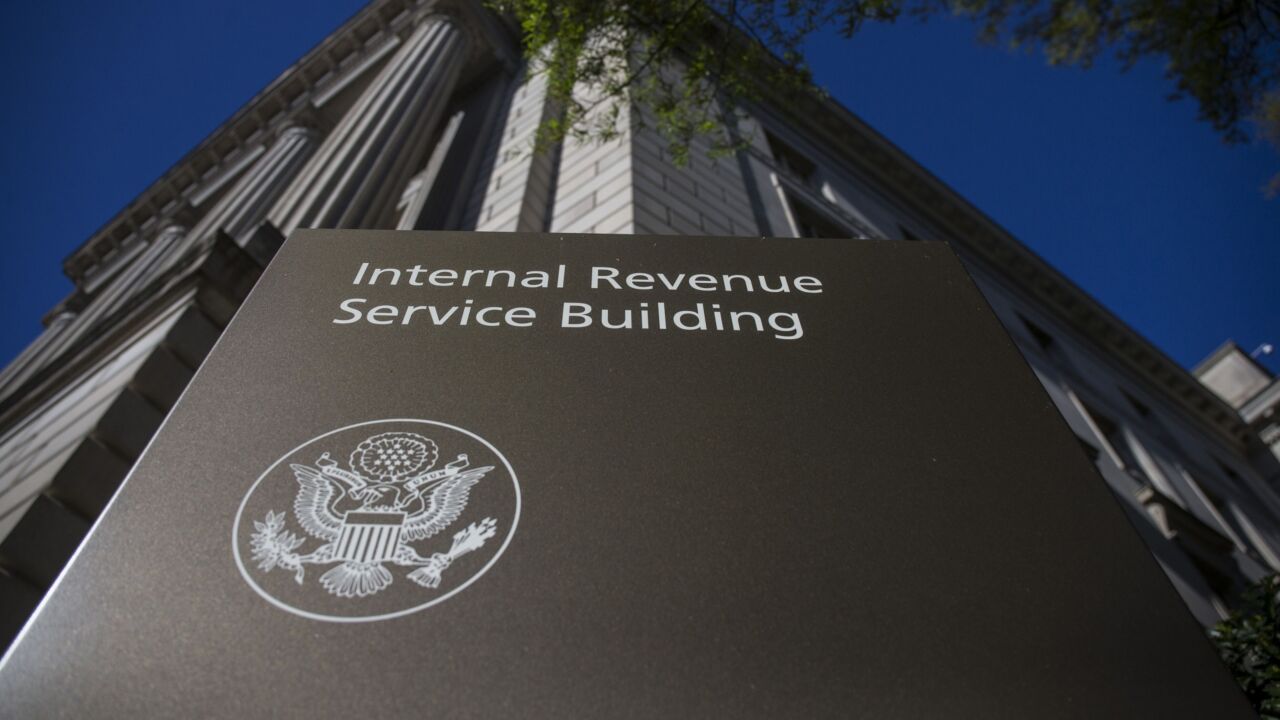IMGCAP(1)]More than 80 percent of large corporations have been offered incentives by a state or local economic official for a new development or corporate relocation, according to a new
This trend has been in the news recently following GE’s announcement that it is considering relocating its headquarters from Connecticut to a more business-friendly state. To understand the extent tax issues actually impact U.S. corporate decisions to relocate to, or invest in, new states, Bloomberg BNA’s software products group interviewed 100 corporate tax professionals, the majority of which represent corporations with more than 10,000 employees or more than $1 billion in revenue.
The participants were surveyed about the role taxes play in their corporations’ decisions to relocate and develop new facilities, their experiences with receiving state tax incentives, and their opinions on which states provide beneficial tax climates for businesses.
“There’s definitely an aggressive approach by states to get corporations to come into the states and bring business,” said Diane Tinney, who participated in the study. “However, there’s not as much effort being made to keep them there.”
This is in contrast to the stagnation in corporate tax reform efforts at the federal level. At the start of this year, states including Arizona, Illinois, New Mexico and Rhode Island reduced their corporate income tax rates, according to the study. In many instances, these incremental cuts are part of multiyear legislation to lower the rates even further. A handful of other states, including Pennsylvania, recently introduced proposals to slash corporate taxes and loosen apportionment regulations.
“Tesla was looking for a place to build a factory,” Tinney said. “Several states wined and dined their executives. Nevada offered Tesla a $1.3 billion package to build the world’s largest lithium ion battery plant there.”
As part of the package, Tesla will be exempt from paying sales taxes for 20 years, and property and business taxes for 10 years. The company will also receive nearly $200 million in tax credits over two decades.
“What struck me is the number of respondents in the survey that use spreadsheets to make their decision,” said Tinney. “They’re making a multimillion-dollar decision based on a quick analysis of what they’ve done on an Excel spreadsheet. In fact, 87 percent currently use spreadsheets to calculate the potential of a particular location. They probably would want to run it in something other than just Excel.”
Respondents cited Texas, Nevada and Florida as the states with the most favorable corporate tax environments, while California, New York and Illinois were cited as the least competitive states for corporate tax environments.
Is competition good?
“Yes,” Tinney said. “Competition in general is always good for the consumer, because it forces states to look at how they’re earning their revenue and what the total package is for a corporation. It’s not just one tax rate that corporations are looking at, but a multitude of different rates, including property tax, sales tax and payroll tax rates. For states that want to grow more jobs and have more revenue, it’s a healthy thing.”





